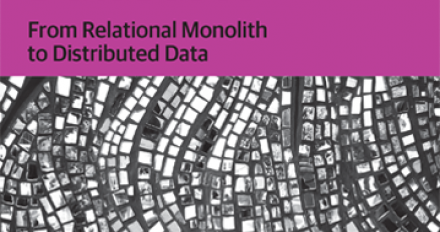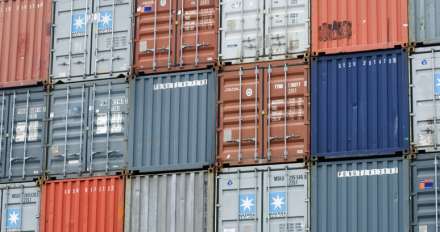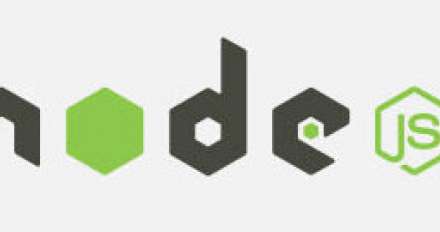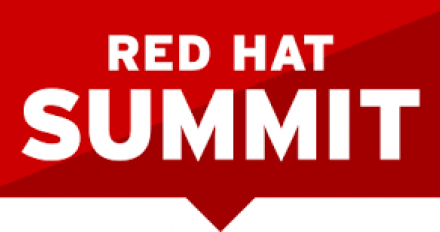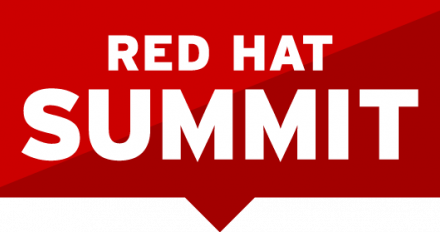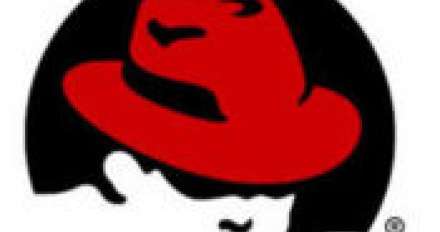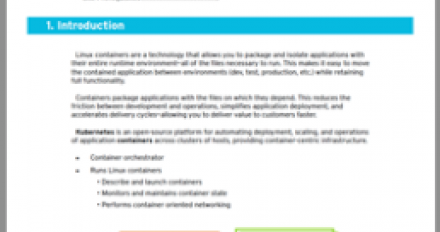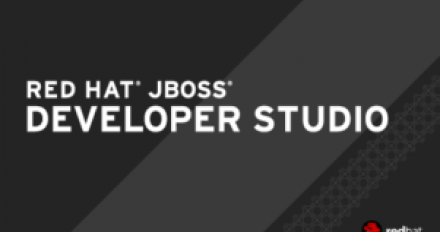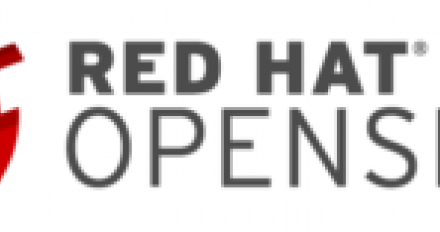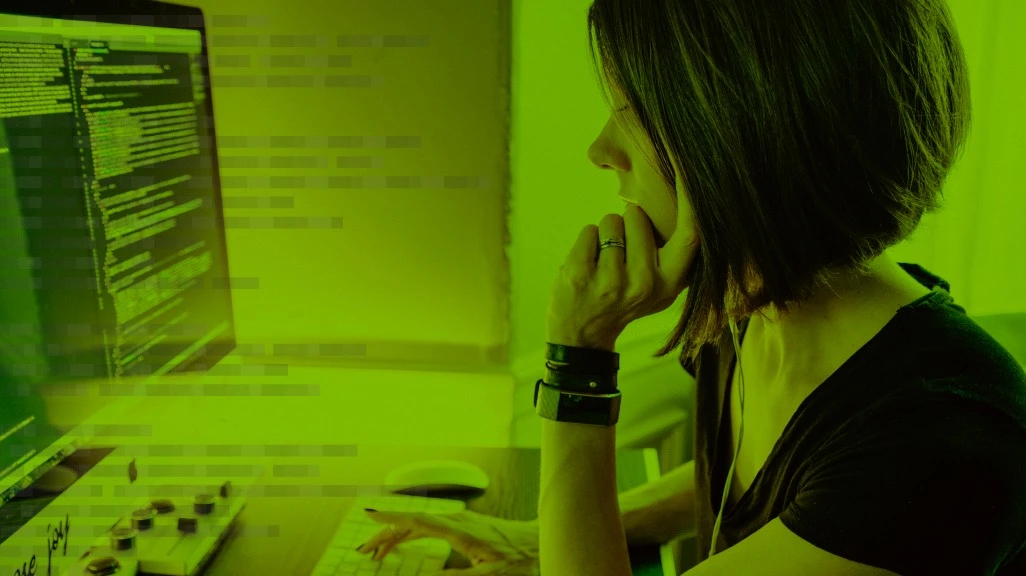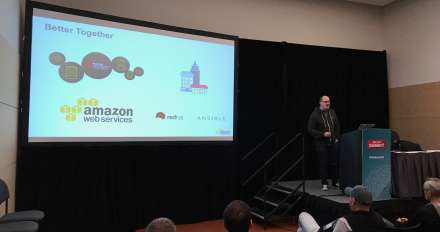
JavaOne 2015 - Rafael Benevides & Markus Eisele - Docker for Java EE Developers
Containers are enabling developers to package their applications in new ways that are portable and work consistently everywhere: on your machine, in production, in your data center, and in the cloud. And Docker has become the de facto standard for those portable containers in the cloud. This lab offers developers an intro-level hands-on session with Docker, from installation to exploring Docker Hub, to crafting their own images, to adding Java apps and running custom containers. This is a BYOL (bring your own laptop) session, so bring your Windows, OS X, or Linux laptop and be ready to dig into a tool that promises to be at the forefront of our industry for some time to come.











